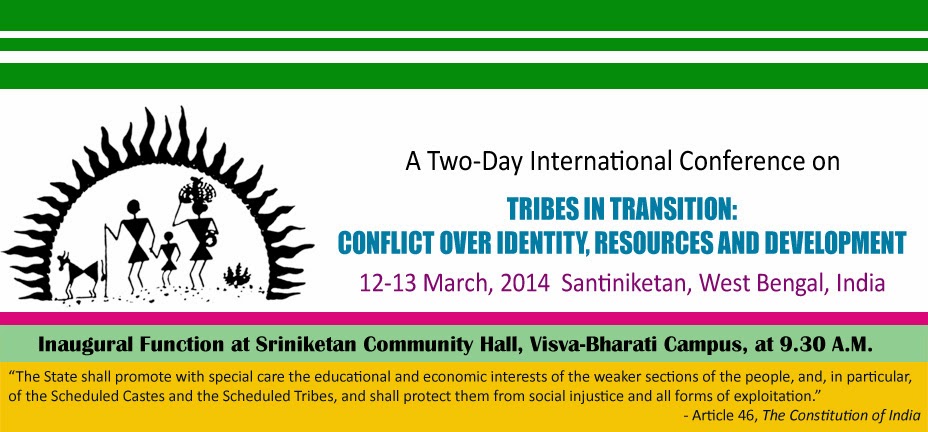SUNDER MANOJ HEMBROM
An excerpt from “Night Bus to Bengal”
A large crowd of Santals have been gathering at the Dumka bus depot, some with bags, some with bundles and some with their children, mostly infants and toddlers. The last bus to Bengal will be leaving at nine that night. It will go up to Kolkata city but the Santals, who are migrating as agricultural laborers to Bengal , will be getting down at Bardhaman. They have been waiting at the bus depot since afternoon. Perhaps they missed the day bus…but why miss it? Perhaps the bus was so packed that they had to wait for the night bus. There’s always a shortage of buses in the Dumka bus depot but not of bus-agents. These dikus have spread over this golden land, fattening on the sweat of the people…just as the politicians do. The bus-agent promises a seat while taking the Santal’s money but who gets the seat finally? All the seats are ‘reserved’ for diku traders and Kolkata passengers. This happens every time yet the people never seem to learn…they still crowd the buses like herds of sheep or cattle.
Perhaps for the younger ones fresh from villages, there is some magic in the darkness of the journey to quench their thirst for adventure, their wander-lust and their starry dreams of wealth. So they begin their jurney to Bengal starry-eyed, dreaming of the new world they will enter, dreaming of the new radios and wristwatches they will buy, dreaming of the new Hero cycles they will ride through the village marketplace like Lokhon Murmu, the swashbuckling hero of Gidi Mele-Mele, Koel Hale-Dhale. Such dazzling dreams! Such giddy heights of joy! For such is the stuff of dreams that sustain them through their long days and nights in Bengal. But for those Santals who are burdened with little children, there is only the race to escape belly hunger. Why else would they leave this golden land and travel like horses to Bengal, standing all night in a bus? Such a miserable journey! And just when sleep begins to seep into their tired minds, the bus-conductor jolts them awake with his rude shout: “Bardhaman is here. Get down, all of you”….
Translated from the Santali original by Ivy Hansdak
An excerpt from “What is my Identity?”
Today, as Joidhon struggles for life inside a railway hospital, his son also struggles for an identity in the world outside. Munna’s mother has come to visit Joidhon at this final hour, but in the company of her diku husband. She is seeing Joidhon after an interval of five years and today her eyes reflect no disgust, only deep compassion. She also ponders over her son’s words, “I’m told that father broke down after you left and spent his days and nights in tears….he knew he had sinned against you…maybe he wanted to pay for it with his life…!”
The person most affected by this turn of events is Munna, who is in his fifteenth year. These days, he has been preparing for the Matriculation Examination. He is the brightest student in his class and his teachers remark about him, “Surely this boy will leave his mark on the world someday!” He has managed to defeat and outscore all his classmates in the school test but today he faces defeat in the test of life. No one guesses the turmoil within him as he struggles to break loose from the tentacles that bind him. He is filled with uncertainty and unsure where life will lead him.
For as his father lies on the death-bed, Munna asks himself, “After my father’s death, what will my identity be? The son of Joidhon, who died an alcoholic’s death or the son of Sarojini, who left her husband and married a diku?”
Translated from the Santali original by Ivy Hansdak

.jpg)